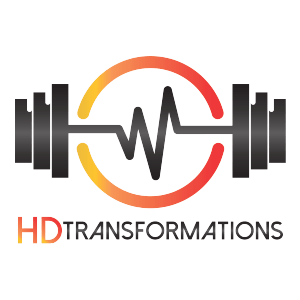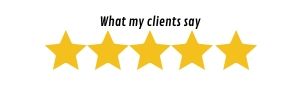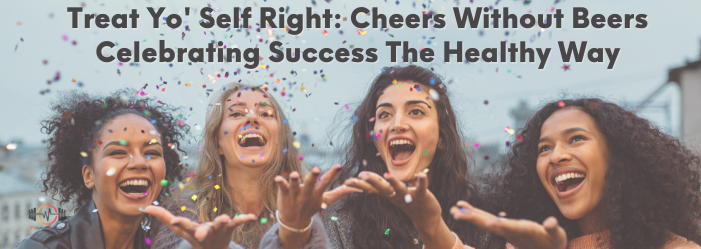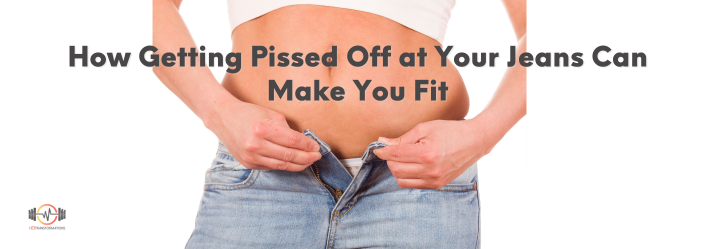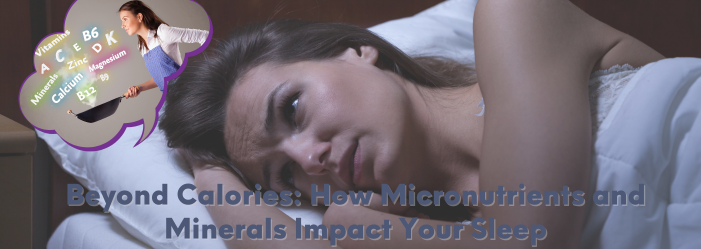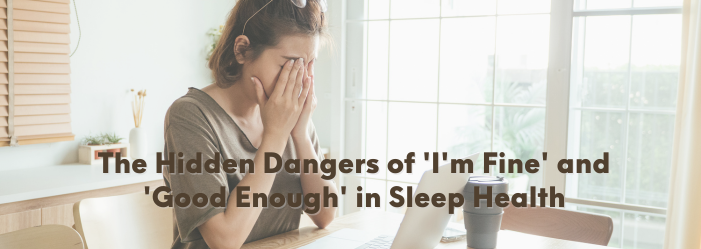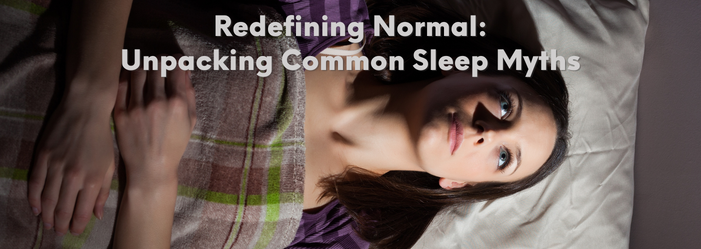Blog Post
This is a subtitle for your new post
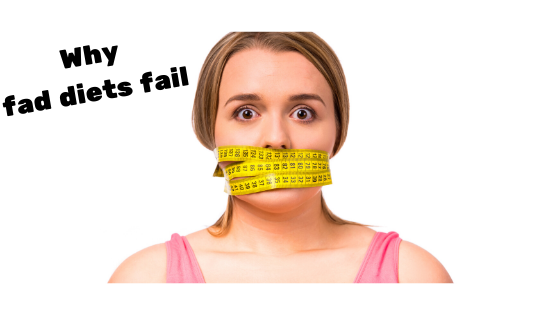
If you’ve experimented with multiple diet fads only to find yourself searching for a better solution, then this one’s for you. From Atkins, to the cabbage soup diet and from Keto to Paleo, each diet “solution” was supposed to be the answer to your prayers. So why do fad diets fail?
They all leave you feeling like you got sucker punched. Now you’re on the floor wondering what just happened and why you feel so awful.
The U.S. weight loss market is now worth a record $72 billion. (United States Weight Loss & Diet Control Market Report 2019: 2018 Results & 2019-2023)
Thanks to the myriad fads throughout the last 5 decades, we’re all feeling frustrated and beat up.
The U.S. weight loss market is now worth a record $72 billion. (United States Weight Loss & Diet Control Market Report 2019: 2018 Results & 2019-2023)
Thanks to the myriad fads throughout the last 5 decades, we’re all feeling frustrated and beat up.
Don’t eat fat they say.
Carbs are bad!
Make sure you have lots of protein.
Animal products cause cancer!
It makes you want to put a pillow over your head to block out the noise. You’re stressed out enough just trying to fit in a meal and now you’re even more stressed wondering if you’re eating the wrong thing.
We have busy lives. Now that we’re juggling teleworking, home school, shared workspace with family and limited access to food at the grocery store, it really feels impossible to get control of your diet.
The struggle isn’t as real as it seems. Let’s break it down.
When did you try your first diet? Was it in high school to get a date or to make a team? Were you taught to appreciate your body or to loath it?
Our stories surrounding body image and its importance start very early in life. Many felt embarrassed or shamed in school gym class, which lead to feeling insecure about eating in the cafeteria. It led to skipping meals all together, binging when no one was around and other unhealthy habits.
Some of us had parents who taught us that food is a reward and a way to celebrate. Leading us to connect food with emotions. Sugar equals happy feeling. When you’re sad, angry, stressed or depressed, sugar fixes it.
Now you’re battling emotional eating habits that are hard to break. You understand that you’re reaching for that snack because you believe it will make you feel better, you know it’s not the healthiest choice, yet you still do it. Now you feel guilt and shame, not the feelings you were seeking, and the cycle continues. For more about emotional eating, check out this blog post.
Humans have battled their weight for centuries.
If you love to geek out on all the nitty gritty details, keep reading. If not, skip to the next section titled modern day fad diets, to see how we can put all these crazy ideas to work for us in THIS CENTURY.
In 1863, when William Banting published "A Letter on Corpulence", which detailed the first low-carbohydrate diet. He was told to eat a sugar-free, starch-free diet to control his diabetes, and it worked. He took it a little too far and influenced many young women to starve themselves out of fear that they’d be outcast.
Sylvester Graham, of Graham cracker fame, created the first fad diet in the 1830s and is considered the father of all modern diets. (Encyclopedia of Diet Fads: Understanding Science and Society, 2nd Edition: Understanding Science and Society) Graham and his followers believed in a mostly vegetarian lifestyle. They discouraged the consumption of high calorie foods and encouraged mostly raw, low sodium meals. John Harvey Kellogg of cornflakes fame was a follower of Graham and went on to advocate the consumption of bran as critical to human health. This led to the rise of breakfast cereal popularity.
In the late 19th century and early 20th century “Experts” began teaching the importance of exercise as it related to good health. However, they also believed fasting for extended periods or consuming arsenic would rid the body of dreaded toxins. They were on the right track but there were obvious problems with these concepts.
The concept of calorie restriction appeared under the name of "calorie counting" in the 1917 book "Diet and Health, With Key to the Calories" by Lulu Hunt Peters. This led to all manner of ideas to restrict caloric consumption from eating grapefruit daily, to amphetamines, to smoking and various liquid diets.
Shortly after that came the advent of the "cabbage soup diet". Participants consumed only cabbage soup and lost weight effectively, with less pleasant side effects.
Talk about some crazy fad diets!
Modern day fad diets.
We saw the real fad diets hit in the 1960s. How can you tell if it’s a fad diet? It offers a simple solution and grandiose results with minimal effort. Many of us watched our parents as they navigated the various diets. TV ads became full of images of what we should eat, do, and wear. Remember those magazine pictures of the perfect body you could have if you just….?
First it was Weight Watchers in 1961, followed by Slim Fast, Fit for Life, Atkins, Zone Diet and the South Beach Diet. Each restricted one macro nutrient while promoting the consumption of another in its place. They all claimed that you’d never be hungry, you’d lose unwanted weight and be healthier.
No wonder we’re all so frustrated and confused! For more than 250 years we’ve been being batted around like a ping pong ball from expert to expert giving us opposing opinions. You’re right to be fed up!
Enough is enough
Here’s what we know to be true:
- We need daily exercise.
- We don’t need to eat processed foods, especially sugar.
- We do need whole grains if our bodies agree. (Put a pin in this one, we’ll circle back)
- We shouldn’t starve ourselves or use pills, powders, drugs or supplements to eliminate weight.
- Humans have desired to look and feel good forever.
- Each of the diet fads worked for the people using them, until they didn’t.
The problem with a diet fad like these is that they are typically not sustainable. They rarely take into consideration day to day living, which is why fad diets fail. Someone living a busy life, working long hours may thrive on drinking shakes in place of meals. But what if you must entertain a client?
Some people have gut biomes and hormone balances that allow for the consumption of large quantities of grains. Others have hormonal imbalances or other conditions that prevent their bodies from processing any grains. Many of the most popular diets recommend whole grains as a staple of the diet. This can cause a person with a condition such as PCOS or insulin resistance to pack on the fat. Other’s whose bodies have inflammatory responses to grains can feel ill and experience physical pain because of eating them, whole or not.
Some of these plans reduce the vitamins and minerals you consume, lead to dehydration or other negative side effects. Some require you to purchase packaged food or supplements, not allowing you to consume whole foods and forcing you to consume unhealthy amounts of chemicals and preservatives.
If you want to feel and look good forever you need to learn how to fuel your body.
The word "diet" comes from the Greek diaita, which described a whole lifestyle, including mental and physical, rather than a narrow weight-loss regimen.
Here are a few hacks to model your “diet” after the Greeks:
- Eat whole foods as close to the source as possible
- Avoid processed foods, especially those with high sugar, fillers, sodium and words you can’t pronounce
- Move your body every single day
- Care for your mental and emotional wellbeing as much as you do your physical
- Don’t get sucked into believing that any one substance will solve all of your problems
- Do your homework
Here is a little known, and slightly controversial, fact for you regarding the “recommended” diet for Americans. The FDA, who sets these guidelines, is largely funded and influenced by the companies who grow and distribute our food. While they do use medical professionals and studies to guide their decisions, many of those studies are funded by the food producers and distributors themselves.
The squeaky wheels get the most grease and the FDA guidelines reflect this.
So before measuring your portions based upon the food pyramid or the more current version, My Plate, it’s important to understand how each food fuels your body. Take a look at last week’s blog
for more detailed information on that.
You’re frustrated, you’re fed up and you have no time to mess around with multiple plans. All you want is to look good, feel good and not have to think too hard about it. Understanding your body and it’s needs will make this all very simple.
In my upcoming Master your Macros Membership
we’re going to do exactly that. We’ll deep dive into what makes your body tick. What makes you feel amazing and what makes you feel like a slug. Doors open soon, they’ll only be open for a few days and there are a limited number of spots available. Don’t miss this opportunity to finally ditch the fad diets and take control of your nutrition.
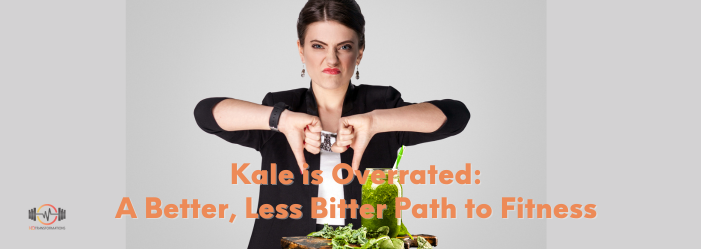
By Heather Dumas
•
11 Apr, 2024
Discover a fresh approach to wellness that goes beyond gym routines and diets. Learn how a personalized healthy lifestyle strategy, tailored to your unique life, can lead to sustainable, joyful, and effective fitness results. Embrace flexibility, happiness, and a holistic view of health in this transformative journey.
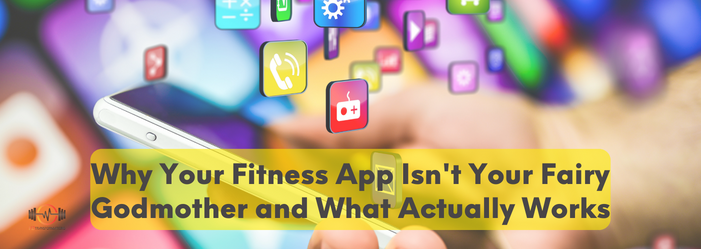
By Heather Dumas
•
04 Apr, 2024
Dive into the heart of health and fitness with a straight-talking guide to ditching quick fixes for a personalized, sustainable journey. Discover the power of consistency, investment in quality guidance, and the transformation that comes from a plan tailored just for you.
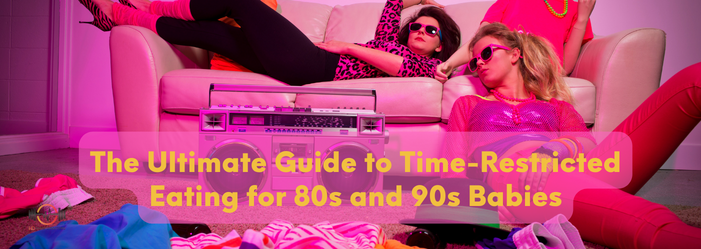
By Heather Dumas
•
21 Mar, 2024
Explore the transformative journey of intermittent fasting for 80s and 90s babies. Dive into how time-restricted eating, balanced meal timing, and mindful practices can revamp your metabolism, enhance sleep quality, and lead to a healthier, more attuned lifestyle after 35.
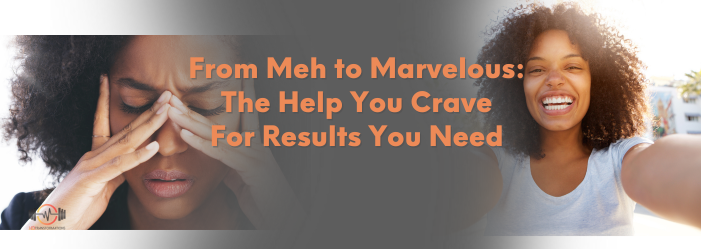
By Heather Dumas
•
14 Mar, 2024
Discover the pivotal moment when seeking help transforms from a last resort to a strategic move towards personal growth and achievement. Dive into a candid discussion on recognizing your breaking point, the undeniable value of expert guidance, and the life-changing outcomes of embracing support. Join us on a journey from DIY attempts to triumphant transformations.



